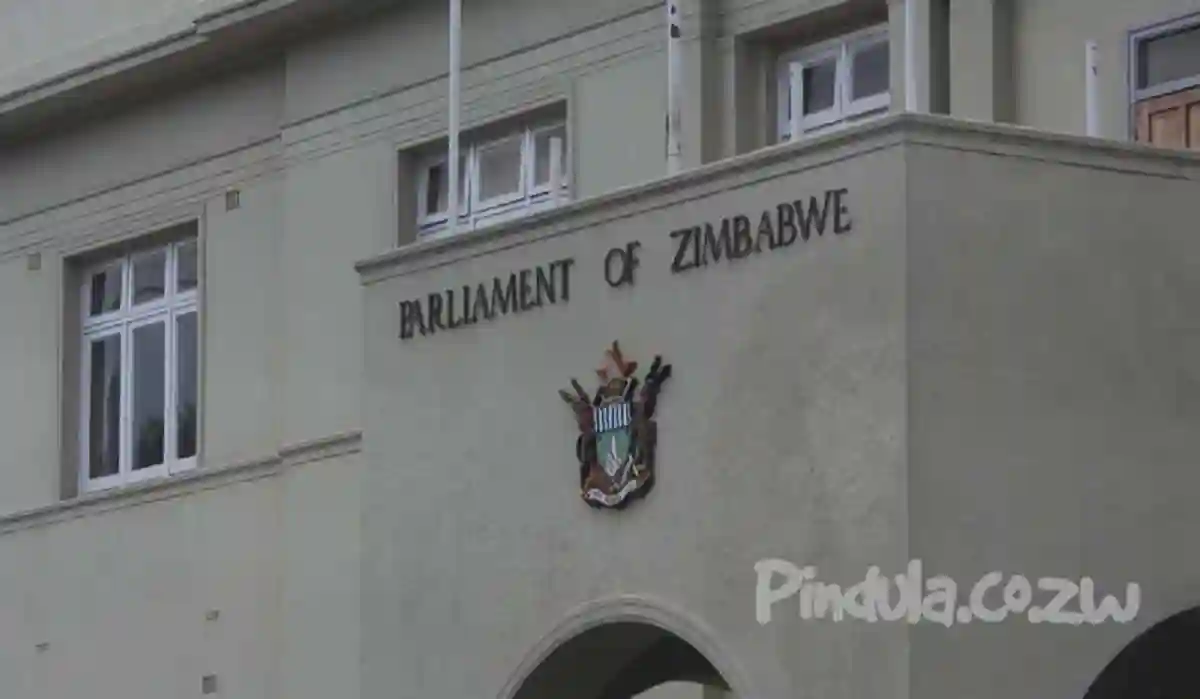The Parliament of Zimbabwe has reportedly passed the Criminal Law Codification and Reform Amendment Bill (Criminal Code) which contains a clause that is often referred to as the Patriotic Act.
The clause criminalises “wilfully damaging the sovereignty and national interest of Zimbabwe.”
Posting on Twitter just after 11 PM on 31 May, CCC spokesperson Fadzayi Mahere said reports from Parliament had indicated that the Patriotic Bill had been passed. She wrote:
DARK DAY FOR DEMOCRACY – We’re receiving a disturbing report from Parliament that the dangerous, unconstitutional Patriotic Bill brought via an amendment to the Criminal Code has been passed. It criminalises “wilfully damaging the sovereignty & national interest of Zimbabwe.”
On Tuesday, opposition legislators criticised the Bill during its Second Reading Stage. Warren Park MP Shakespear Hamauswa (CCC) said:
We need laws that will put back the powers to the people of Zimbabwe. We do not need any law that takes powers from the citizens of Zimbabwe.
We do not need a law that will say if a Zimbabwean complains about mismanagement of resources, then that person is against Zimbabwe.
Norton MP, Temba Mliswa (Independent), was on Tuesday ejected from Parliament after he accused ZANU PF of committing atrocities while debating the Patriotic Bill in the National Assembly.
Mliswa criticised ZANU PF for pushing for the enactment of the Patriotic Act saying the ruling party was “deranged”.
According to the Legal think tank Veritas, Clause 2 of the Criminal Law (Codification and Reform) Amendment Bill, inserted a new section into the Code, creating the crime of “wilfully damaging the sovereignty and national interest of Zimbabwe”. Said Veritas:
The crime will be committed by a citizen or permanent resident of Zimbabwe who takes an active part in a meeting involving or convened by an agent of a foreign government, if the citizen or resident knows or has reason to believe that the object of the meeting is:
- to consider or plan armed intervention in Zimbabwe by the foreign government, or
- to subvert or overthrow the constitutional Zimbabwean government, or
- to consider, implement or extend sanctions or a trade boycott against Zimbabwe, or against an individual or official if the sanctions or boycott affect a substantial section of the people of Zimbabwe.
Penalties for the crime differ according to the object of the meeting:
- if the object of the meeting is to consider or plan armed intervention, the penalty for participating in it is the same as for treason, namely the death sentence or imprisonment for life,
- if the object of the meeting is to subvert or overthrow the government, the penalty for participating in it is the same as for subverting constitutional government, namely imprisonment for up to 20 years, and
- if the meeting is about sanctions or a trade boycott, the penalty for participating in it is a fine of up to Z$200 000 or imprisonment for up to 10 years or both. And in addition, if the crime is committed in aggravating circumstances (i.e. if sanctions were implemented as a result of the meeting or if a non-binding advisory was issued with the same effect as sanctions, or if the convicted person made a false statement during the meeting) and if the prosecutor so requests, the court may impose any of the following penalties:
- deprivation of citizenship, if the convicted person is a citizen by registration or a dual citizen,
- cancellation of residence rights, if the convicted person is a permanent resident of Zimbabwe,
- prohibition from being registered as a voter or from voting, for a period between five and 15 years, or
- prohibition from holding public office for a period between five and 15 years.
More: Pindula News

